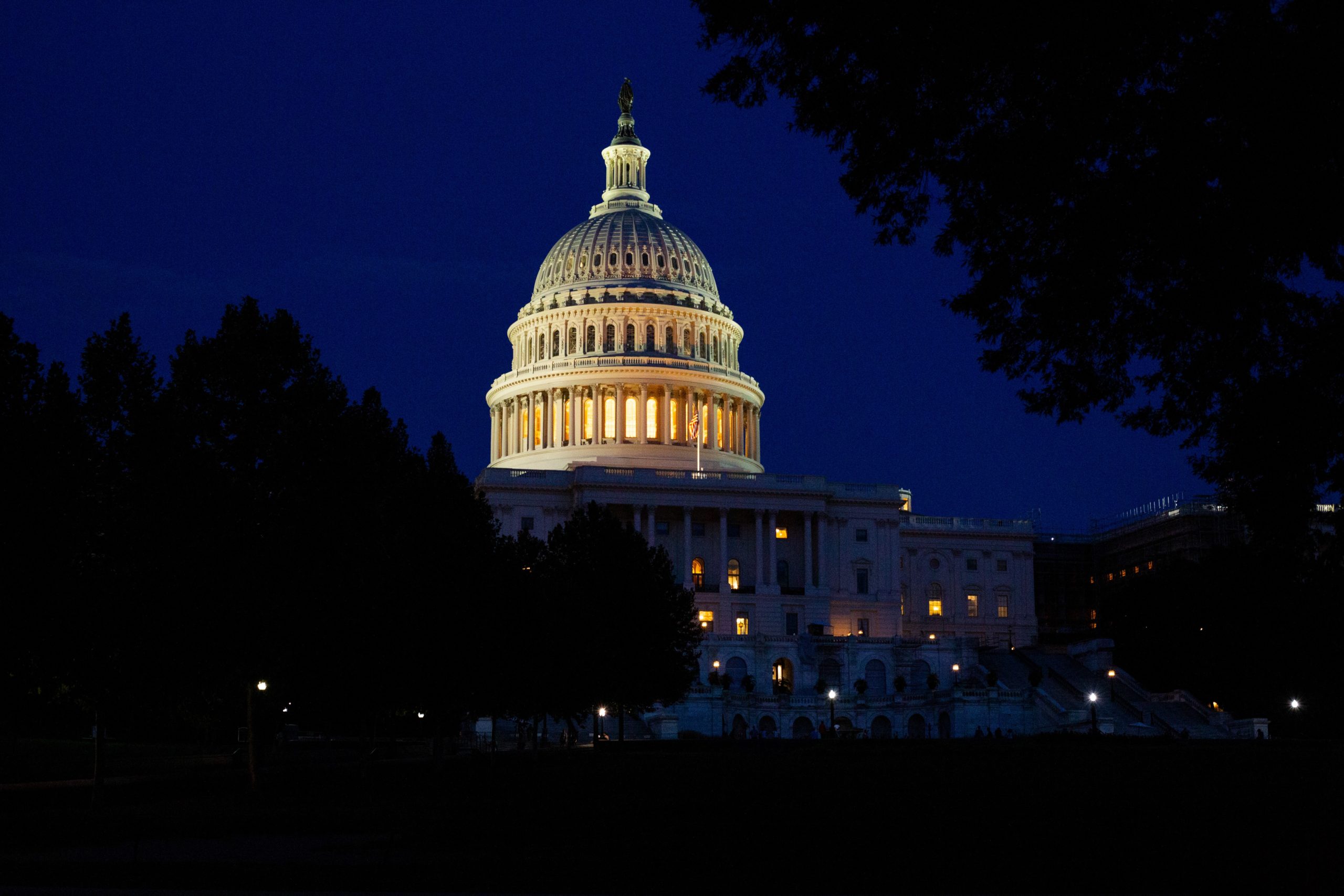
Members of Congress fear its ambiguity will be used against lawful protesters
As the controversial anti-terror law in the Philippines continues to get international attention, 50 members of the United States Congress have called upon the Duterte administration to repeal the measure.
U.S. Reps. Judy Chu (D-CA) and Jan Schakowsky (D-IL) announced in a virtual press conference on Wednesday, July 15 that they and at least 48 other lawmakers have written and sent a letter to the Philippine Ambassador to the U.S. Jose Romualdez calling for the repeal of the Anti-Terrorism Act 2020.
“We stand with Filipinos, Filipino Americans and grassroots organizations in the Philippines in demanding a genuine democracy where dissent is accepted and encouraged, instead of criminalized,” Schakowsky during the press conference.
The Anti-Terrorism Act 2020 — signed into law by Philippine President Rodrigo Duterte on July 3 — amends the 2007 Human Security Act by expanding the definition of terrorism. Human rights advocates fear that broadening the definition of terrorism expands the scope of criminalization, which could be used to suppress free speech and dissonance.
Additionally, the new law makes additions to the ways in which the government can curtail terrorism, include wiretapping without notice, arrest without warrants and detention for up to 24 days. The law has been widely criticized by human rights groups around the world including the United Nations.
“We fear it will also be used against anyone who protests against the government, whether it be against abuse in the government, delay in the distribution of COVID-19 aid, or any other grievance because the president has shown he is intolerant of any and all dissent,” Schakowsky said, referencing Duterte’s history of shutting down journalists and news organizations that have critiqued and questioned the president in their reporting.
Schakowsky said that she and the lawmakers who signed the letter to Romualdez are considering putting together legislation to address the overall human rights situation in the Philippines.
Previously, American lawmakers have raised concerns over the Duterte’s administration’s handling of the violent anti-drug campaign that resulted in thousands of extrajudicial killings.
“Simply put, President Duterte’s new powers under the Anti-Terrorism Act of 2020 are a threat to democracy and human rights in the Philippines because, despite the title, this legislation is not about terrorism,” Chu remarked. “It’s about silencing dissent. The true targets of this law are advocates for human rights, the environment, workers and indigenous communities.”
Among the lawmakers who signed Chu and Schakowsky’s letter include Reps. Alexandria Ocasio-Cortez (D-NY), Ilhan Omar (D-MN) and Eliot Engel (D-NY) as well as representatives whose constituencies comprise large Filipino American populations, like Reps. Jackie Speier (D-CA), Adam Schiff (D-CA), Jimmy Gomez (D-CA), Tony Cardenas (D-CA) and Alan Lowenthal (D-CA).
The Duterte administration argues that the legislation’s language is tight enough that it doesn’t include in its definition of terrorism “advocacy, protest, dissent, stoppage of work, industrial or mass action and other similar exercises of civil and political rights,” according to the legislation.
Renowned Filipino human rights lawyer and former lawmaker Neri Colmenares has voiced his opposition to the bill and welcomed the support from the U.S. representatives, noting the impact American lawmakers have on the Philippine government.
“It will really have a major pressure [on] the Philippine government to tone down its human rights attacks,” Colmenares said, according to ABS-CBN. “It may not be a very big deal to our colleagues [in] the U.S. Congress, but in the Philippines, it will save lives.”






